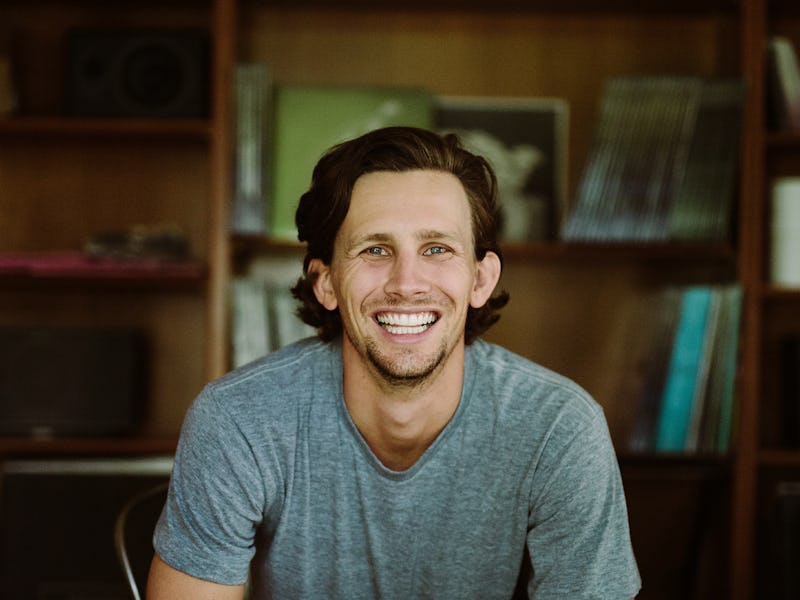JOB HACKS | Bringing Vinyl Into The Future
Matt Fiedler, the CEO of Vinyl Me, Please on music and why vinyl endures in the digital age.

Careers rarely go according to plan. In Job Hacks, we shake down experts for the insights they cultivated on their way to the top of their field.
This week, we spoke with Matt Fiedler, founder and CEO of Vinyl Me, Please, a record of the month subscription service that brings vinyl appreciation into the future.
How did you get your start?
My co-founder and I both wanted to get into vinyl but we didn’t know where to start. We were both aspiring to build a record collection, but walking into a store was stressful. We wanted a record club for the modern generation. So, in the summer of 2012, we slapped together a basic website. When we went live, we had twelve paying members.
What was the biggest challenge in getting it off the ground?
There were two things: the first is that nobody knew who we were, so when we were reaching out to buy records, in terms of establishing our legitimacy [record companies] didn’t see us as anyone who would be impactful to them. It took time to breed those relationships and prove we would be there for a while. Then there was the logistics. Packing physical product is a nightmare from a business perspective. It was a long process and we didn’t know how we’d scale that. we’d come home on a Tuesday afternoon and be packing records until three or four in the morning.
What was the most rewarding part?
It’s a couple of different things. My passion has always been music, my dad had a cover band and they’d practice in my basement. Music has always been a huge part of my life. I grew up in the Napster generation, just consuming as much music as I could. For my job to be to talk with people about which record is more amazing than another is a dream come true. I am a problem solver at heart and I studied music business and entrepreneurship and wanted to work for myself but didn’t know what that meant.
Do you find it difficult to work with records in our current time, where everything is digital?
As a millennial where everything is digital, it’s weird to think people want some sort of physical product. But it’s a natural reaction to trends. As things become more digitized and abstract — things you can’t touch, see, or connect with — people want those experiences. They want a tangible connection. You see people paying five dollars for a cup of coffee, for books instead of a Kindle. There’s this cultural trend where people are exchanging the idea of convenience for experience. I think there’s always gong to be a physical component to music.
It certainly makes it difficult in terms of there’s so much music coming out. Its hard to get one record or one thing to focus on. The frequency by which these things come out and the next big thing is here makes it hard to care about anything. We try to find what are some of the records we’re still going to be talking about that are coming out today. We’re here to bring back the experience of music.
This interview has been edited for brevity and clarity.